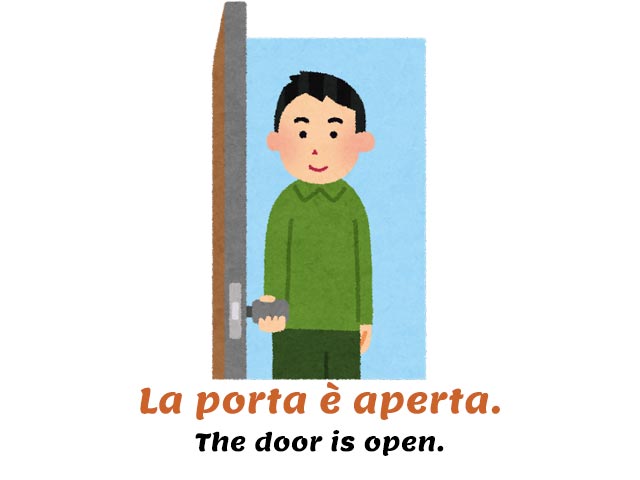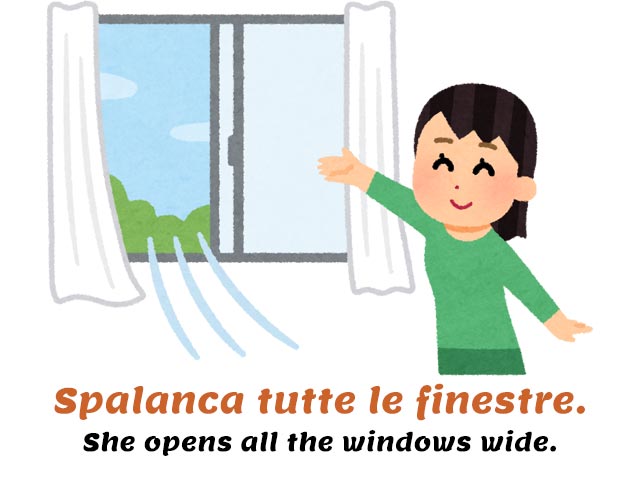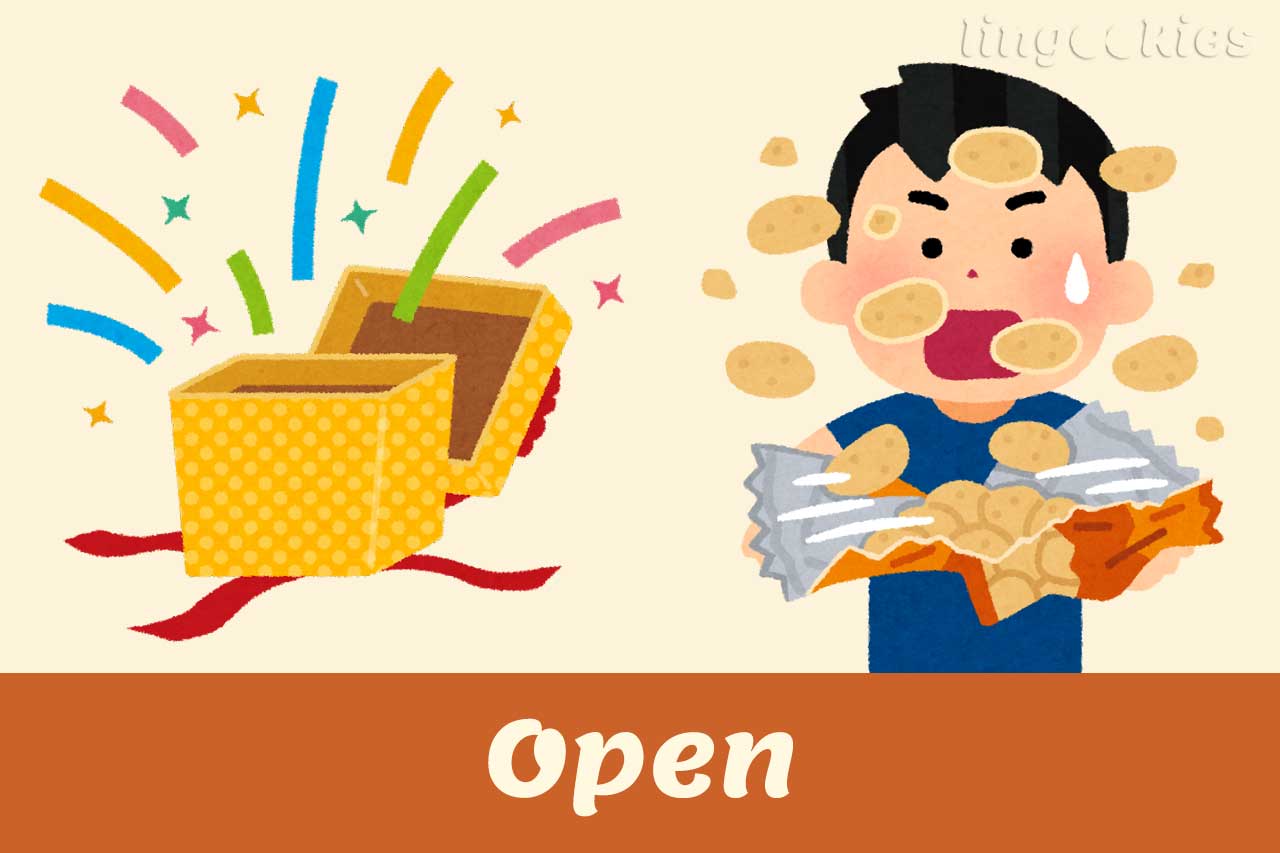Italian word of the day
| Pronunciation | |
| English translation | Open |
| Origin | From the Latin word apertus, p.p. of aperire, meaning “to open” |
Different forms of aperto
Like most adjectives in Italian, aperto has two articles (definite or indefinite articles) and two numbers (singular or plural).
| Singular | Plural | |
| Masculine | Aperto | Aperti |
| Feminine | Aperta | Aperte |
Examples
| Il libro è aperto sul tavolo. | The book is open on the table. |
| Sarete aperti oggi pomeriggio? | Will you be open this afternoon? |
| Ci sono due confezioni aperte di spaghetti. | There are two open packages of spaghetti. |
| La porta è aperta. Entra pure! | The door is open. Come on in! |

Related words
To translate “to open” as a verb, use aprire. Its past participle is aperto.
| Riesci ad aprire questa bottiglia? | Can you open this bottle? |
| Chi ha aperto tutti i cassetti dell’armadio? | Who opened all the drawers in the closet? |
Another less common word you can use to translate open is the adjective spalancato. Spalancato has a stronger meaning than open, so use to describe something that is wide open.
| La porta d’ingresso era spalancata. | The front door was wide open. |
| L’uomo aveva gli occhi spalancati dalla paura. | The man’s eyes were wide (open) with fear. |
Spalancato is also the past participle of the verb spalancare, “to open wide”.
| Spalancare | To open wide |
For example, you can say…
| La mamma spalanca tutte le finestre. | Mom opens all the windows wide. |

Collocations and expressions
There are some common idiomatic expressions featuring the word aperto in Italian:
| Dormire con un occhio aperto | To sleep with one eye open |
| Essere come un libro aperto | To be an open book |
| All’aria aperta | Outside |
| In mare aperto | At open sea |
More free Italian resources
You might want to keep learning Italian online with these free Italian resources:
❤️ If you liked this lesson on how to use aperto in Italian, share it with your friends!


